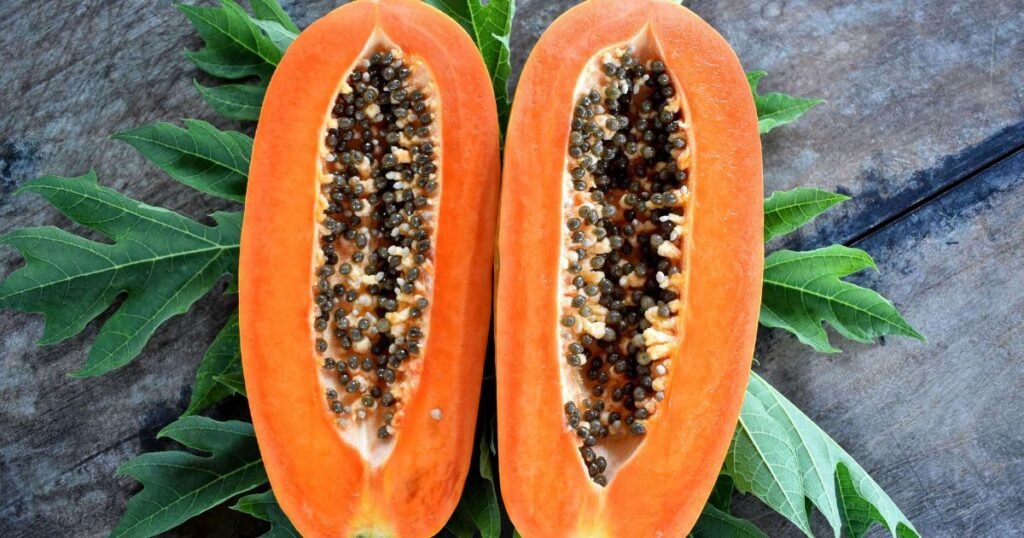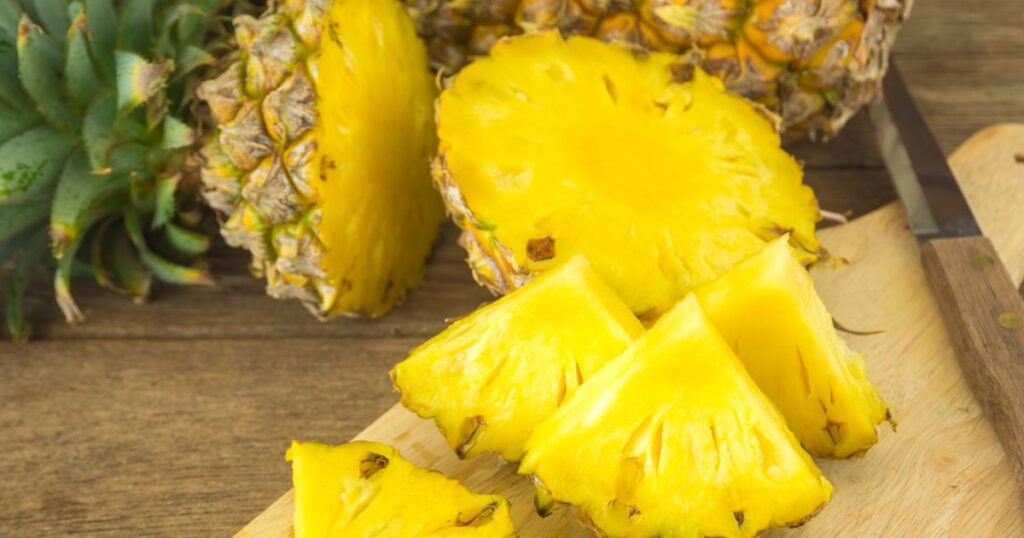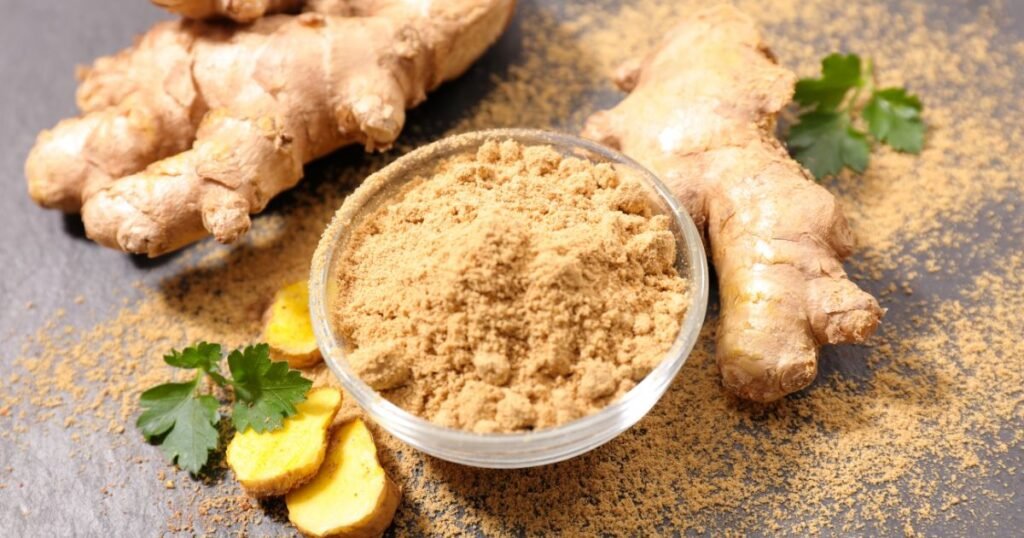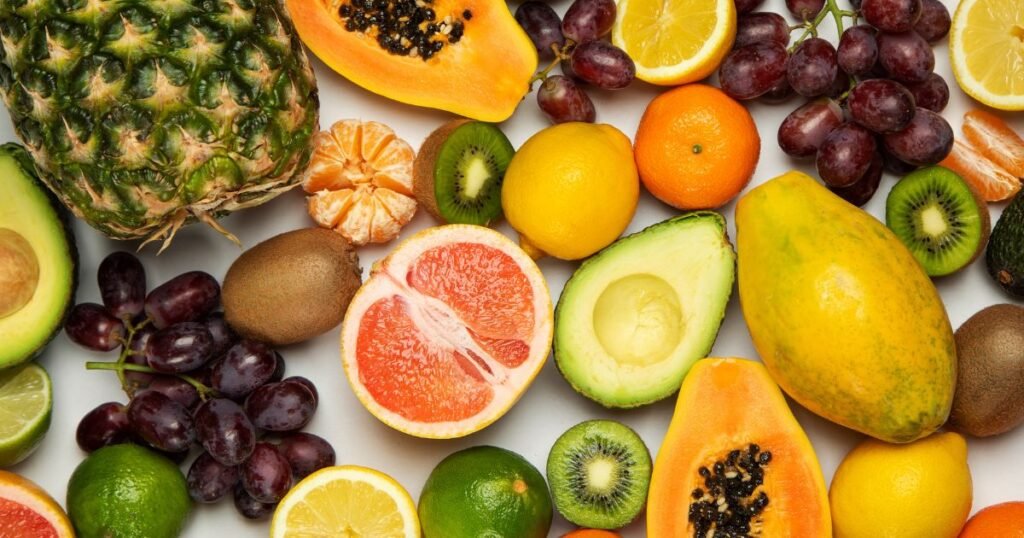Last Updated on 19 July 2024
As a naturopath specializing in women’s health, I have had the privilege of working with clients who are navigating the journey of conception and pregnancy. Many of them come to me seeking advice on how to optimize their fertility and increase their chances of getting pregnant naturally. One common question that often arises is about foods that may hinder conception. In my experience, I have found that confident dietary choices can impact fertility positively or negatively. In this guide, I will share some insights into foods that may hinder pregnancy based on my experience working with clients and tips on making healthier choices to support fertility and overall well-being.
This article will answer the question, “What foods prevent pregnancy?” We will also explore the science behind these foods and their potential effects on fertility. It is important to note that while these foods are thought to have contraceptive properties, they are not 100% effective and should not be relied upon as the sole form of contraception. Consulting a healthcare provider and using other reliable birth control methods is still recommended for effective pregnancy prevention. However, incorporating these foods into your diet may be a complementary approach to natural family planning. Let’s dive in and learn more about foods believed to help prevent pregnancy naturally.
Understanding the Role of Diet in Fertility Control
The role of diet in fertility control has long been recognized. Certain foods and nutrients have been found to impact the menstrual cycle, hormone levels, and reproductive health. While diet alone cannot guarantee contraception, it can play a supporting role in preventing pregnancy. By understanding how certain foods affect the body and reproductive system, individuals can make informed choices about what they consume to help prevent unwanted pregnancies. Incorporating anti-fertility foods into the diet and following natural methods of contraception can be part of a holistic approach to family planning.
The Science Behind Foods and Fertility
The science behind foods and fertility lies in their impact on hormone levels, menstrual cycles, and reproductive health. Certain foods, such as those rich in Vitamin C, have been found to affect the menstrual cycle by promoting uterine contractions and facilitating menstruation. Vitamin C is thought to interfere with progesterone levels, crucial for maintaining pregnancy. Other foods, like pineapple and apricot, may prevent implantation by altering the uterine lining or inhibiting fertilization. While the scientific evidence supporting the contraceptive properties of these foods is limited, they have been used traditionally as natural remedies for fertility control. It is important to note that individual results may vary, and these methods should not be solely relied upon for contraception.
How Certain Foods Can Affect Contraception
Certain foods are believed to affect contraception by interfering with the reproductive process. For example, papaya is thought to contain an enzyme called papain, which can reduce progesterone levels and prevent implantation. Ginger is believed to stimulate uterine contractions and promote menstruation. Pineapple, apricot, and cinnamon are also thought to have properties that can prevent fertilization and implantation. While these foods are widely believed to have contraceptive properties, it is essential to note that the scientific evidence supporting these claims is limited. Therefore, it is recommended to use these foods as a complementary approach to other reliable forms of contraception, such as condoms or hormonal birth control methods.
Natural Foods Known to Help Prevent Pregnancy
In addition to their potential contraceptive properties, certain natural foods are known for their ability to help prevent pregnancy. These foods are often used in traditional remedies and home remedies to support fertility control. Some natural foods that help prevent pregnancy include papaya, pineapple, ginger, apricot, and cinnamon. These foods are believed to have properties that can interfere with the reproductive process and reduce the chances of fertilization and implantation. While their effectiveness as standalone contraceptive methods is not scientifically proven, they can be incorporated into a holistic approach to natural family planning.
Papaya: A Natural Contraceptive?
Papaya is often touted as a natural contraceptive due to its potential to reduce progesterone levels and prevent implantation. It is believed that consuming unripe papaya can interfere with the production of progesterone, a hormone crucial for maintaining pregnancy. Papaya is also thought to have properties that can induce uterine contractions and promote menstruation. While the scientific evidence supporting these claims is limited, many women rely on papaya as a natural remedy for preventing unwanted pregnancies. It is important to note that individual results may vary, and papaya should not be solely relied upon as a contraceptive method. Consulting a healthcare provider and using other reliable forms of contraception is still recommended for effective pregnancy prevention.

Pineapple and Its Effect on Pregnancy Prevention
Pineapple is another natural food that is believed to have contraceptive properties. The bromelain enzyme in pineapple is thought to help prevent implantation by altering the uterine lining. Consuming ripe pineapple after unprotected intercourse is often recommended as a natural method of preventing pregnancy. However, it is important to note that the scientific evidence supporting the contraceptive properties of pineapple is limited. Pineapple should not be solely relied upon as a contraceptive method, and other reliable forms of contraception should be used for effective pregnancy prevention. It is always advisable to consult a healthcare provider for personalized advice on contraception and family planning.

The Role of Ginger in Natural Contraception
Ginger is known for its potential to stimulate uterine contractions and promote menstruation, making it a popular natural remedy for preventing pregnancy. It is believed that consuming ginger can help initiate menstrual bleeding and prevent implantation. However, the scientific evidence supporting the contraceptive properties of ginger is limited. While ginger can be incorporated into a holistic approach to natural family planning, it should not be solely relied upon as a contraceptive method. Other reliable forms of contraception, such as condoms or hormonal birth control methods, should be used for effective pregnancy prevention. It is always recommended to consult a healthcare provider for personalized advice on contraception and family planning.

Neem: Traditional Use in Birth Control
Neem, also known as Indian lilac, has been traditionally used for birth control in many cultures. Neem is believed to have contraceptive properties due to its ability to inhibit sperm motility and prevent fertilization. Neem extract, neem oil, and neem leaves are commonly used in traditional remedies to prevent pregnancy. However, the scientific evidence supporting the contraceptive properties of neem is limited. Neem should not be solely relied upon as a contraceptive method, and other reliable forms of contraception should be used for effective pregnancy prevention. It is always recommended to consult a healthcare provider for personalized advice on contraception and family planning.
Incorporating Anti-Fertility Foods into Your Diet
Incorporating anti-fertility foods into your diet can be a complementary approach to natural family planning. While these foods are not 100% effective as standalone contraceptive methods, they can be used in conjunction with other reliable forms of contraception for effective pregnancy prevention. You can support your fertility control efforts by including papaya, pineapple, ginger, apricot, and cinnamon. However, it is essential to remember that diet alone cannot guarantee contraception. Consulting a healthcare provider and using other reliable birth control methods is still recommended for effective pregnancy prevention.
What Foods Prevent Pregnancy?
- Incorporate papaya into your diet by consuming ripe papaya twice daily
- Enjoy a plate of fresh pineapple for 2-3 days after unprotected intercourse
- Add ginger to your diet by making ginger tea or adding freshly grated ginger to your meals
- Include apricots in your daily diet by consuming up to 5–10 fresh apricots or boiled dried apricots
- Sprinkle cinnamon on your meals or sip on cinnamon-infused beverages to reap its potential contraceptive benefits
Recipes That Incorporate Anti-Fertility Ingredients
| Recipe Name | Ingredients |
| Ginger Tea | 1 piece of fresh ginger- 1 cup of water- Jaggery or honey (optional) |
| Pineapple Smoothie | 1 cup of ripe pineapple chunks- 1 cup of coconut milk- 1 banana- Ice cubes (optional) |
| Apricot Salad | Fresh apricots- Lettuce or mixed greens- Nuts (optional)- Dressing of choice |
| Cinnamon Oatmeal | 1 cup of rolled oats- 2 cups of milk or water- 1 teaspoon of cinnamon- Sweetener of choice |
| Neem Tonic | Neem leaves or neem powder- Boiling water- Honey or lemon (optional) |
The Limitations and Considerations of Using Foods for Pregnancy Prevention
While there is belief in the contraceptive properties of certain foods, it is essential to understand their limitations and considerations. These foods are not scientifically proven to be 100% effective in preventing pregnancy. They should not be solely relied upon as the sole form of contraception. It is always recommended to use other reliable forms of contraception, such as condoms or hormonal birth control methods, for effective pregnancy prevention. Consulting a healthcare provider and understanding your individual health needs are also crucial in making informed decisions about contraception and family planning.
The efficacy of using foods for pregnancy prevention is not scientifically established. While there are claims about the contraceptive properties of certain foods, the scientific evidence supporting these claims is limited. It is important to understand that these foods should not be solely relied upon as a contraceptive method and should be used in conjunction with other reliable forms of contraception for effective pregnancy prevention. The limitations of using foods for contraception include a lack of scientific proof, individual variations in effectiveness, and the potential for adverse effects. It is always recommended to consult a healthcare provider for personalized advice on contraception and family planning.
When to Seek Professional Advice
It is important to seek professional advice from a healthcare provider, such as a gynecologist, when it comes to contraception and family planning. While incorporating anti-fertility foods into your diet can be a complementary approach to natural family planning, it is crucial to understand that diet alone cannot guarantee contraception. A healthcare provider can provide personalized guidance, recommend reliable contraception, and address any concerns or questions you may have. They can also help you understand the limitations and considerations of using foods for pregnancy prevention. There are other natural ways to prevent pregnancy, such as tracking your ovulation date. Your reproductive health is essential, so make informed choices, prioritizing your overall wellness.









